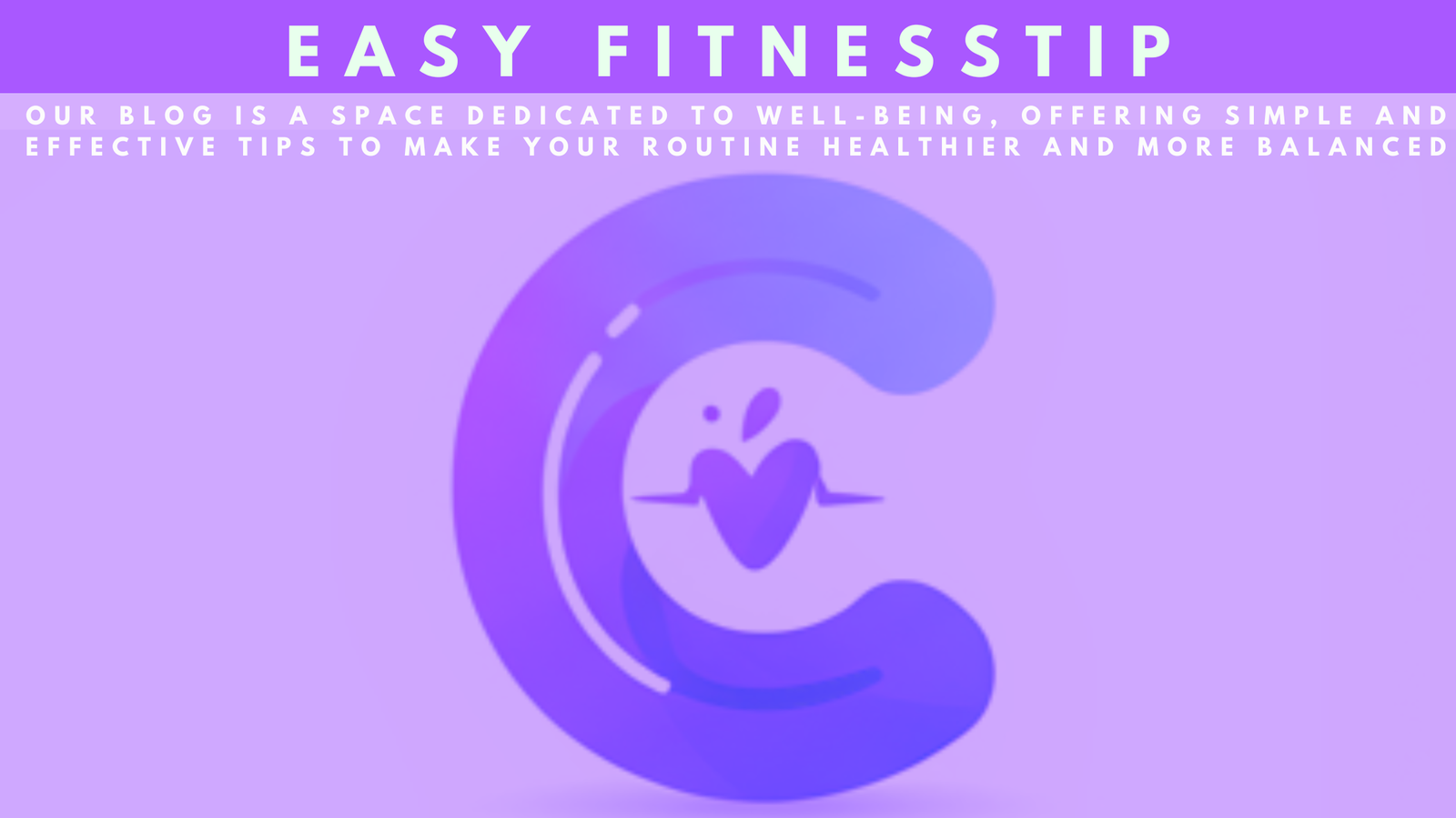
Are you ready to transform your body and kick-start your journey towards rapid weight loss? This guide is for busy people who want fast results without complexity. We share three simple steps that anyone can follow.
These steps include smart diet tweaks and high-intensity workouts. They are designed to give you quick results. Whether you’re busy at work, taking care of family, or short on time, these steps will help you get healthier without hassle.

Key Takeaways
- Focus on rapid weight loss by making smart, simple diet modifications.
- High-intensity workouts are perfect for busy schedules and effective fat loss.
- Establish consistent healthy lifestyle habits to maintain weight loss.
- Incorporate mindful eating to better recognize hunger cues.
- Track your progress with a food journal for added motivation.
Introduction
Many people start their journey to rapid weight loss hoping to improve their health. Obesity in the United States is a big problem, affecting over 40% of adults. This issue is linked to serious health problems like type 2 diabetes and heart disease.
Changing your diet, staying active, and changing your habits can help a lot. There are many ways to lose weight fast and keep it off. These methods help people get healthier and feel better.
As health awareness grows, it’s key to learn and use helpful resources. Knowing what your body needs can turn obstacles into successes. This knowledge is crucial for a healthier lifestyle.
Why Consider Rapid Weight Loss?
Looking into rapid weight loss can really motivate people to get healthier and fitter. The benefits of weight loss go beyond just looking good in clothes. People often feel more energetic, move better, and feel overall better.
Studies show that losing weight fast can greatly reduce the risk of obesity, heart disease, and diabetes. This is because quick weight loss can lead to big health improvements.
Even a small weight loss can make a big difference in health. For example, it can lower blood pressure and improve cholesterol levels. This shows how important it is to consider the benefits of rapid weight loss.
It’s clear that the idea of losing weight fast is appealing. But, it’s important to do it safely. Avoiding extreme diets is key to staying healthy. By keeping things balanced, you can enjoy the benefits of quick weight loss without harming your health in the long run.
Step 1 – Optimize Your Diet
Making smart changes to what you eat can really help you lose weight. These tweaks focus on swapping bad choices for better ones. Eating well not only helps you lose weight faster but also builds healthy habits for life.
Key Nutritional Tweaks
Here are some big changes to make in your diet:
- Switch sugary drinks like soda for water or herbal tea.
- Choose whole grains over refined ones like white bread and pasta.
- Eat more fruits and veggies, aiming for different colors on your plate.
- Try to eat fewer processed foods, which are often high in calories and low in nutrients.
Healthy Snack Alternatives
Choosing the right snacks can help your diet for weight loss. Here are some good options:
| Traditional Snacks | Healthy Alternatives |
|---|---|
| Potato chips | Air-popped popcorn |
| Chocolate bars | Dark chocolate (in moderation) |
| Ice cream | Greek yogurt with fresh fruit |
| Cookies | Nuts and seeds |
Adding these simple but effective changes to your diet can make a big difference. They help you build lasting healthy habits that improve your overall health.
Step 2 – Easy Weight Loss Steps with High-Intensity Workouts
Adding high-intensity workouts to your routine can boost your weight loss. It’s perfect for those with tight schedules. These short, intense routines are designed to burn calories quickly and raise your metabolism.
Short, Effective Routines
HIIT mixes intense exercise with brief rest periods. This keeps your heart rate up, burning more calories even after you stop. You can complete a session in just 20 to 30 minutes, fitting easily into most lives.
- Start with a warm-up to prepare your muscles.
- Incorporate exercises like sprints, burpees, or jumping jacks.
- Use a timer to manage work and rest intervals, such as 30 seconds of intense activity followed by 15 seconds of rest.
- Finish with a cool-down period to aid recovery.
The Benefits of HIIT for Fat Loss
Studies show HIIT speeds up fat loss and boosts heart health. The main advantages are:
- Increased metabolic rate: Your body keeps burning calories after the workout.
- Time efficiency: Quick workouts fit more easily into your day.
- Improved endurance: Regular practice enhances both strength and fitness levels.
Step 3 – Establish Consistent Healthy Lifestyle Habits
Keeping a healthy lifestyle is key for lasting weight loss. It’s important to focus on sleep and staying hydrated. These habits help control your metabolism and hunger.
Importance of Sleep and Hydration
Good sleep is vital for managing weight. Lack of sleep can mess with your hunger hormones, leading to overeating. Drinking enough water is also crucial. It helps with digestion, reduces cravings, and boosts metabolism.
Try to drink at least eight glasses of water a day. Adjust this based on how active you are.
Stress Management Techniques
Stress can hurt your efforts to live healthily. It often leads to eating too much or making unhealthy choices. Using stress management like meditation or yoga can help.
Creating a calm space and taking time to relax can change how you face daily challenges. It keeps you focused on your healthy goals.
Step 4 – Intermittent Fasting for Rapid Weight Loss
Intermittent fasting (IF) is becoming popular for quick weight loss. It involves periods of eating and fasting. This creates a pattern that helps burn fat. Knowing the different methods and their benefits can help you choose if it’s right for you.
Common Methods and Benefits
There are several popular ways to do intermittent fasting, each with its own benefits:
- 16/8 Method: Fast for 16 hours and eat in an 8-hour window. It’s easy to fit into your day.
- 5:2 Diet: Eat normally for five days and limit calories to 500-600 on two days.
- Alternate Day Fasting: Alternate between eating normally and fasting every other day.
The benefits of intermittent fasting include:
- Helps lose fat by limiting calories
- Improves how your body uses insulin
- Increases human growth hormone (HGH) levels, helping keep muscle and lose fat
How It Affects Your Metabolism
Intermittent fasting changes how your body uses energy. It starts using fat instead of glucose when fasting. This helps lose weight fast and improves health.
Knowing how it changes your metabolism helps you make better food choices. Trying intermittent fasting can be a smart way to lose weight quickly.

| Method | Fasting Period | Eating Window | Benefits |
|---|---|---|---|
| 16/8 Method | 16 hours | 8 hours | Easy to follow, effective for fat loss |
| 5:2 Diet | N/A | Normal eating with low-calorie days | Flexible, encourages healthy eating |
| Alternate Day Fasting | 24 hours fasting | Normal eating | Stronger metabolic impact, significant weight loss potential |
Step 5 – Mindful Eating Practices
Practicing mindful eating can greatly improve how we view food and help with weight loss. It teaches us to enjoy our meals more and understand when we’re hungry or full.
Avoiding Distractions While Eating
It’s important to avoid distractions while eating to prevent overeating. Using phones or watching TV can take our focus away from our food. A quiet, peaceful place to eat helps us pay attention to our food better.
When we focus on eating, we notice how much we’re eating and when we’re hungry. This helps us eat the right amount.
Listening to Your Body’s Hunger Cues
Mindful eating teaches us to listen to our body’s hunger signals. It helps us tell the difference between real hunger and eating because we’re stressed or bored. This way, we learn when to eat and when to stop.
| Mindful Eating Techniques | Description |
|---|---|
| Eat Slowly | Taking time during meals improves digestion and awareness of fullness. |
| Limit Multitasking | Avoid doing other activities while eating; focus should remain on the meal. |
| Use Smaller Plates | Smaller dishes can help control portions and encourage mindful servings. |
| Practice Gratitude | Recognizing the value of food fosters appreciation and enhances the eating experience. |
Step 6 – Tracking Progress and Staying Motivated
Tracking your progress is key to keeping up the motivation for weight loss. By knowing what you eat and how many calories you take in, you can make better choices. Keeping a food journal is a great way to stay aware of your eating habits.

The Importance of Keeping a Food Journal
A food journal lets you write down everything you eat in a day. It helps you see patterns that might stop you from losing weight. By noting down your meals and snacks, you can spot emotional triggers and how much you eat.
This helps you find areas to improve and keeps you motivated to lose weight. It’s a powerful tool for making positive changes in your diet.
Setting Realistic Goals for Weight Loss
Setting achievable goals is vital for staying focused and excited about losing weight. Your goals should be clear, measurable, and reachable. They should also be relevant and have a deadline (SMART).
By setting smaller goals, you make a plan that’s easy to follow. Celebrating each success helps keep you going. It shows you’re committed to your health and well-being.
Conclusion
As we finish this guide on rapid weight loss, remember each part is key to your journey. Improving your diet, doing intense workouts, and being mindful are the basics. These steps help you lose weight and build habits for lasting health.
Final Tips & Motivation
Starting your weight loss journey takes patience and dedication. See each step as part of a big change. Remember to be kind to yourself too.
Have realistic goals and know that losing weight fast is about making progress, not being perfect. Your health journey is a long race with many chances to grow. So, keep going with passion and commitment.
FAQ
What are some effective diet tweaks for weight loss?
Swapping sugary drinks for water is a great start. Choose whole grains over refined ones. Adding more fruits and vegetables is also key.
Healthy snacks like fruits, nuts, and yogurt are better than high-calorie ones.
How does HIIT work for fat loss?
High-Intensity Interval Training (HIIT) burns lots of calories quickly. It boosts your metabolism and heart health. This makes it a top choice for losing weight fast.
What healthy lifestyle habits should I adopt for sustained weight loss?
Healthy habits are key for lasting weight loss. Getting enough sleep and staying hydrated is important. Managing stress with meditation or yoga helps too.
Being mindful of what you eat also helps control your metabolism and hunger. This supports your weight loss journey.
Can intermittent fasting help with rapid weight loss?
Yes, intermittent fasting (IF) aids in fat loss and improves health. The 16/8 method lowers insulin and boosts fat-burning hormones.
What are some mindful eating practices to aid in weight loss?
Mindful eating helps you understand when you’re full. Avoid distractions while eating and listen to your body’s hunger signals. This way, you can tell the difference between emotional and physical hunger.
How can I track my progress effectively on my weight loss journey?
Keeping a food journal and setting realistic goals are good ways to track your progress. Self-monitoring boosts your chances of losing weight and keeps you motivated.















